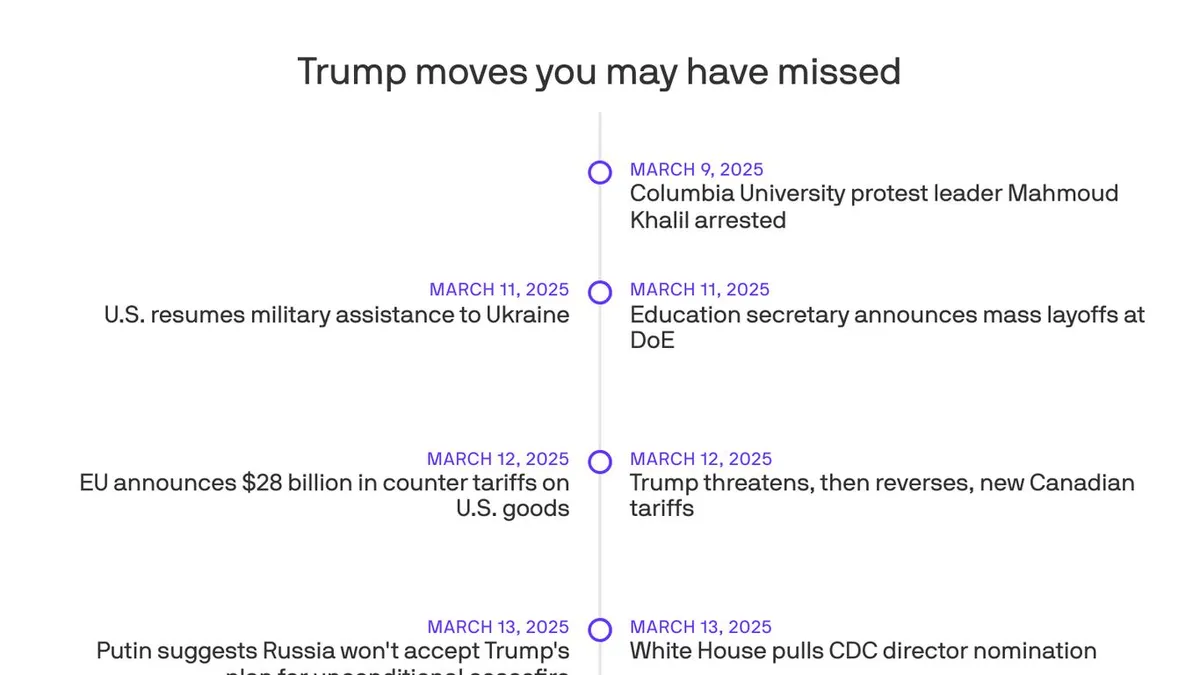
As we analyze the significant events leading to March 14, 2025, former President Donald Trump's influence remains a pivotal factor in global politics. The ongoing trade war, the escalating situation in Ukraine, and the political landscape in Colombia are critical elements that shape the current geopolitical climate. This article delves into these issues and examines their implications on international relations.
The trade war initiated during Trump's presidency continues to reverberate throughout the global economy. Tariffs imposed on various goods have led to increased prices for consumers and businesses alike, causing uncertainty in markets around the world. As nations grapple with the repercussions, analysts are closely monitoring how these economic tensions will evolve in 2025.
The ongoing conflict in Ukraine has drawn international attention and concern. Trump's foreign policy decisions, particularly regarding military aid and diplomatic relations, have influenced the dynamics of this war. The ramifications of the Ukraine crisis extend beyond its borders, affecting global alliances and trade agreements. Understanding the interplay between U.S. policies and the situation in Ukraine is crucial for grasping the larger picture of global stability.
Colombia's political landscape is also under scrutiny as it faces internal challenges and external pressures. The country's relationship with the United States, particularly during Trump's administration, has been marked by a focus on drug trafficking and security issues. As Colombia navigates its path forward, the impact of U.S. policies on its governance and economic conditions will be significant. Observers are keenly aware of how these developments may alter the balance of power in the region.
This week's forecast, as reported by Axios, highlights critical trends and potential shifts in global politics. The Weekly Political Compass from Teneo presents insights into how voters across different nations are reacting to current events, including the trade war and the conflict in Ukraine. Understanding these dynamics is essential for predicting future political landscapes.
As we move forward in 2025, the intersection of the trade war, the situation in Ukraine, and Colombia's political developments will continue to shape the global landscape. The uncertainty surrounding these issues underscores the importance of closely following the actions and policies of key players, including Donald Trump. By staying informed about these trends, we can better understand the complexities of today's world and anticipate future changes.